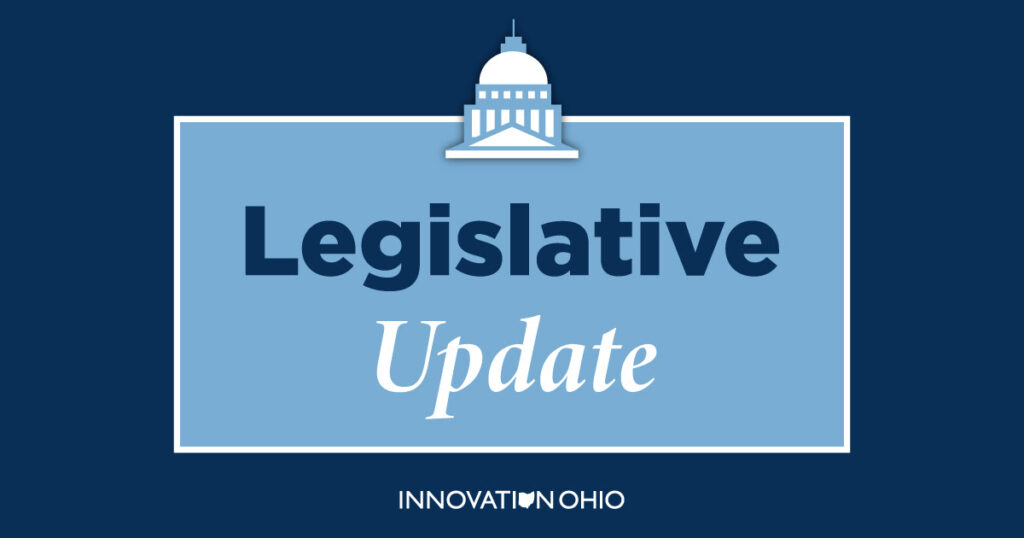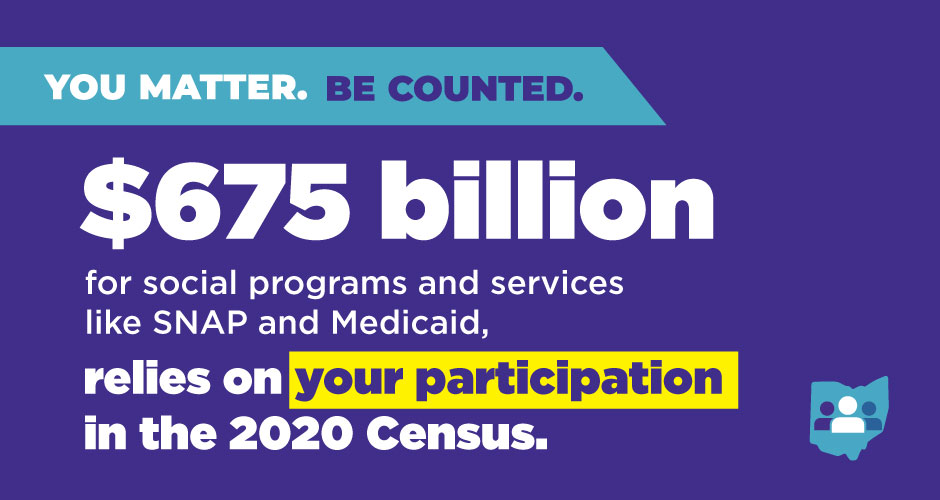
Our kids deserve an honest, accurate, diverse education.
Right now, Republican politicians are using lies about Critical Race Theory to ban schools from teaching an honest history.
Two Ohio bills (HB 327 and HB 322) would essentially ban teachers from discussing racism, sexism, prejudice, gender studies, and other so-called “divisive concepts.” Even in college.
HB 322 and HB 327 are likely both receiving hearings at the Ohio Statehouse next week. Exact details TBA.
Want to testify against these bills? Or submit written-only testimony? Follow this simple process:
HOW TO SUBMIT TESTIMONY (in-person OR written-only):
- 1. Email Dillon.Barto@Ohiohouse.gov. Ask to be placed on the “House State and Local Government Committee notice list.”
- You’ll receive emails from the committee. You’ll know first when bill hearings are announced.
- 2. Write your testimony in advance.
- See testimony template below.
- You can testify against both bills together or against each bill individually. More information here.
- How to talk about these bills
- Why these bills are so dangerous
- 3. Fill out a witness slip.
- Make a copy of this generic witness slip (or email Dillon.Barto@Ohiohouse.gov to ask for a witness slip)
- Fill it out. You will email it along with your testimony.
- Make sure to note on your witness slip whether you are testifying in-person or written-only.
- 4. When the committee announces the next hearings for these bills, email your testimony and your witness slip to Chair Scott Wiggam’s aide: Dillon.Barto@Ohiohouse.gov
- Testimony is due 24 hours before the hearing begins.
If you’re submitting written-only testimony, that’s it! You’re done! You officially testified!
(We recommend sharing your testimony on social media so everyone can see it)
If you’re testifying in-person (recommended), see below.

- 5. Arrive at the Statehouse before the committee is scheduled to begin.
- Park either in the garage underneath the Statehouse or the Columbus Commons Parking Garage.
- Note: you’ll need to go through a metal detector when you arrive.
- You can ask the security guards to direct you to the committee room where your hearing is being held.
- 6. Bring a printed copy of your testimony with you to read in front of the committee (you do not have to read your testimony word for word).
- 7. You may also want to bring copies to hand to reporters – You can contact reporters ahead of time to let them know you (and your group) will be testifying!
—TESTIMONY TEMPLATE—
Chairman Wiggam, Vice Chair John, Ranking Member Kelly, and members of the House State and Local Government Committee, Thank you for allowing me to testify today. My name is ________. I am [basic bio about yourself]. I am strongly opposed to House bills HB 322 and HB 327, which would prevent Ohio students from receiving an honest, accurate education. Today I'm going to speak speaking specifically about [Choose either HB 322 or HB 327]. [Then tell them why the bill is so bad! Make it short and sweet - a few paragraphs is perfect. Tell a personal story. Or explain why your job experience gives you perspective on the bill. Maybe cite statistics or articles from other states to back up your claims] I ask you to consider my testimony and vote NO on this [harmful / dangerous / devastating / etc.] bill. Thank you again for the opportunity to testify. [IF TESTIFYING IN PERSON] I will now take any questions you may have.
AFTER YOU ARE FINISHED SPEAKING, legislators may ask you questions.
- They are more likely to ask questions if you provide data/statistics or present yourself as having professional experience related to the bill.
- This part of the process can be incredibly persuasive! But be prepared to back up your testimony!
Questions? Email Rachel Coyle: Coyle@InnovationOhio.org





